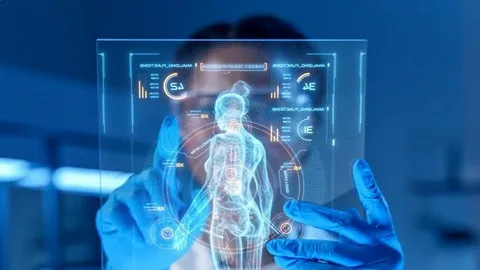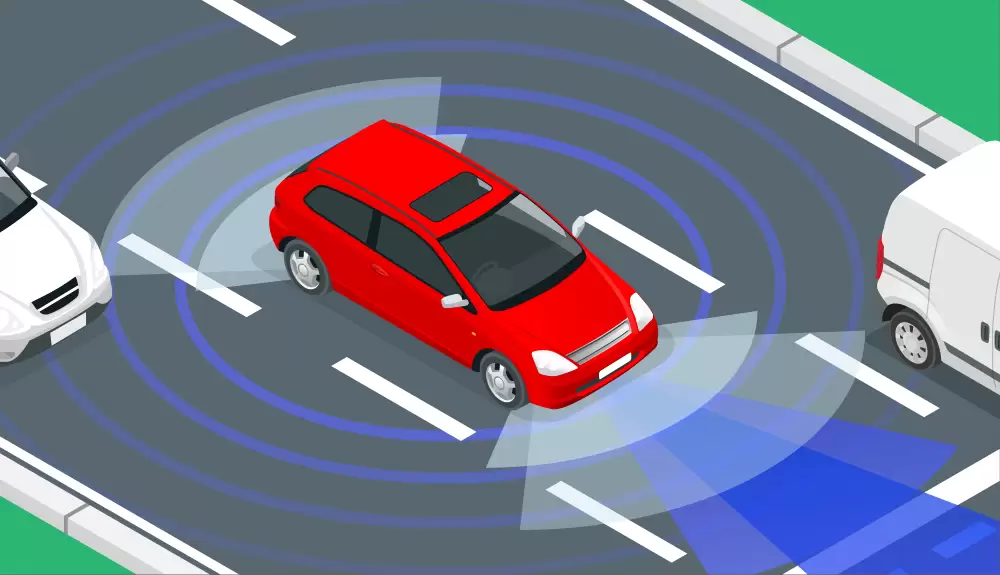Running a medical clinic is no easy task. From managing patient records to handling billing, scheduling, and compliance, every detail requires precision and efficiency. This is where medical clinic software comes in. The right solution can streamline operations, reduce errors, improve patient care, and free up time for healthcare providers to focus on what truly matters their patients. But with so many options in the market, how do you know which features are essential? Below, we break down the 14 best features you must have in medical clinic software to ensure smooth operations and better outcomes for both patients and staff.
1. Electronic Health Records (EHR) Integration
An integrated EHR system allows clinics to store, update, and access patient information in real-time. From medical histories and lab results to prescriptions, everything is consolidated in one place. This reduces duplication and ensures accuracy in clinical decision-making.
2. Appointment Scheduling and Calendar Management
Automated scheduling is vital for reducing no-shows and double bookings. Look for a system with drag-and-drop calendar functionality, appointment reminders via SMS/email, and the ability to manage multiple doctors’ schedules simultaneously.
3. Telemedicine Capabilities
With virtual care becoming a necessity, software with built-in telemedicine ensures that clinics can offer secure video consultations. It not only improves patient convenience but also expands a clinic’s reach to remote patients.
4. Billing and Invoicing System
Managing payments is one of the most complex aspects of clinic operations, but Hospital Management Software simplifies the process. A good billing feature automates invoice generation, integrates with insurance systems, and provides multiple payment options to reduce administrative burden.
5. Insurance Claim Management
Errors in insurance claims can cause delays and financial losses. Software with automated claim submission, denial tracking, and eligibility verification ensures faster reimbursements and fewer rejected claims.
6. Patient Portal
A patient portal empowers individuals to take control of their healthcare. Through this feature, patients can book appointments, view test results, request prescription refills, and communicate directly with providers enhancing engagement and satisfaction.
7. Data Security and Compliance
With sensitive patient data at stake, security cannot be compromised. The software should be compliant with regulations like HIPAA and GDPR, ensuring encryption, access control, and regular backups to protect information.
8. Lab Integration
For clinics that frequently order diagnostic tests, lab integration is essential. It allows doctors to send test orders digitally and receive results directly in the system, reducing delays and minimizing paperwork.
9. e-Prescription Management
Writing prescriptions electronically reduces errors and saves time. Integration with local pharmacies ensures prescriptions are sent directly, preventing miscommunication and enhancing medication safety.
10. Inventory and Stock Management
Medical supplies, vaccines, and medications need careful tracking. A built-in inventory system monitors stock levels, sends alerts for low supplies, and helps reduce wastage through timely reordering.
11. Analytics and Reporting Tools
Data-driven decision-making is crucial to a clinic’s success. Reporting features provide insights into patient visits, revenue, staff performance, and other key metrics, enabling clinics to identify strengths and address gaps efficiently.
12. Multi-Location and Multi-User Access
If a clinic operates across multiple branches, the software must allow seamless coordination. Multi-user access ensures that doctors, nurses, and administrators can perform their tasks simultaneously without overlap or confusion.
13. Workflow Automation
Routine tasks like appointment reminders, billing follow-ups, and patient feedback collection can be automated. This reduces staff workload, minimizes errors, and ensures smoother day-to-day operations.
14. Mobile Accessibility
In today’s fast-paced world, mobile access is no longer just a convenience it’s a necessity for modern healthcare practices. A clinic management system with mobile compatibility allows doctors and staff to securely access patient records, update charts, and manage schedules anytime, anywhere.
Why These Features Matter
Each of these features is designed to solve a specific problem in clinic management, and a reliable Clinic Management System Pakistan brings them all together under one platform. By integrating scheduling, billing, patient records, and reporting, such a system enhances efficiency across all operations. It not only streamlines administrative tasks but also improves patient satisfaction by reducing wait times and ensuring better communication.
At the same time, compliance with healthcare regulations becomes easier, protecting clinics from costly errors and legal risks. Without adopting these features, clinics may face administrative bottlenecks, financial losses, and declining patient trust, making it harder to compete in today’s fast-paced healthcare environment.
Final Thoughts
Choosing the right medical clinic software is an investment in the future of your healthcare practice. By ensuring your system includes these 14 essential features, you can streamline operations, reduce costs, and provide better care to your patients. Beyond improving efficiency, the right software also strengthens communication between staff, enhances patient trust, and safeguards sensitive health data.
It empowers clinics to adopt modern practices like telemedicine, automated workflows, and data-driven decision-making, all of which are now critical in today’s fast-evolving healthcare sector. In a competitive environment where patient expectations are higher than ever, technology isn’t just a supportive tool it is the foundation of sustainable growth, compliance, and long-term success.


